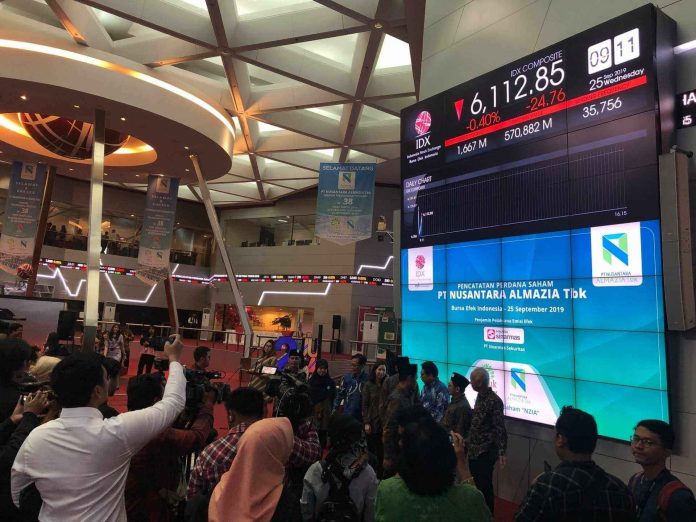The developing or emerging markets are the key driver of future economic growth. The dominating G7 countries are challenged by emerging markets like India and Brazil. There is room for investing in this market despite its risks.
Emerging markets have been a popular investment since the 2000s. The rewards in investing are worth and outweigh risking, and huge profits are waiting for investors to explore in the fastest-growing economies.
Emerging markets investments checklist
Before you invest your money in a developing country, there are three questions you need to do your homework in the emerging markets:
- Are there reasonable regulations that protect the investor?
- Is the growth sustainable?
- Are there chances of a debt crisis?
Are there sufficient regulations that protect an investor?
Consider the above questions before investing in entertainment like betting sites, forex trade, or even real estate. As an investor, avoid countries with a poor record of corporate governance. The good news is that 15 developing markets have reasonable oversight.
The financial freedom index usually ranges from 0 to 1, protecting the investor in a market. If the score ranges from 0.4 is safe to invest. China, Vietnam, and Russia have lower index scores in developing markets.
India has many developing markets, and with its massive population of a billion-plus, it’s an attractive market. Local betting sites at bettingsitesindia.net are great options for one to invest in, especially those that enable buying shares.
One way to avoid risk in a poor investor protection territory is investing in companies that list their stock exchange in foreign markets that are already developed, like Germany and the US. These are the best markets since they demand higher reports and accountability before they are listed.
Is the Growth Fit and Sustainable to Invest in?
How fast is the growth of your exciting market? The chief attraction in emerging markets is growing. The ideal market to invest in should increase economically by over 3% per year, and debts 5% are better.
Compared with governments’ debts, the developing economy should grow faster and outdo the debts. If not, GDP growth may be unsupportive. Low growth rates do not mean you cannot invest, but you should be selective. Avoid the stocks that require growth.
What are debt crisis chances?
A debt crisis can lead to a massive decline in currency value affecting the prices of the assets. You should check the Fundamental analysis of the market you are to invest in. Consider debt to GDP and current account to GDP ratio.
Most emerging economies have depth worth between 15% to 80% of their GDP, and GDP below 50% would be sustainable. If the ratio is above 50% GDP growth, there is a need to be sustainable to avoid a debt crisis.
The balance payments reflect both capital flow. It shows the cash flow in and out of a particular consistent current account overabundance in stronger currencies. The GDP ratio of the el you the positive or negative of GDP. This wiling negative ratio is a sign of a crisis.
Weaker currency does not mean it’s always a bad thing. Exporters should take advantage of weaker currencies since their revenue increases, but weaker currency is unfavorable for non-exporting companies. The same case applies to bonds; weaker currencies can amount to capital flight, which is hostile to investors’ assets.
Research on the investments and here are some options
- Market stocks: buy stocks in rapidly growing economies like an international stock on the US stock exchange.
- Market bonds: invest in bonds of emerging economies offered by the government. After buying bonds, you become a creditor, and you get your interest once the bond matures. Because of currency risk, you might need a broker expert in international markets.
- Real estate investment trust An emerging economy is a suitable place to invest in real estate because of economic growth and the rise of the middle class in a country.
Late investing in emerging markets could be a hazardous type of investment. For example, China was a developing economy; previously, some investors knew about it a little late when on its maturity to become an economic powerhouse. As an investor, you need to make your investment early because the investing is costly, and growth could be steady to avoid losses.
Conclusion
Emerging markets make up 15% to 20% of international markets, so the advantage of investing in emerging economies is the potential for high returns. For instance, America grew 3.8 times in terms of GDP between 1969 to 2019, while China grew 73.6 times and India 14.1 times within the same period. It also provides a broader portfolio than investing in developed economies, stocks, and bonds.


































